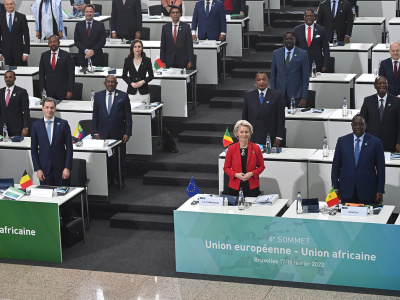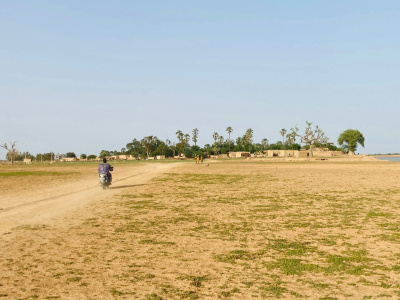
How to make EPAs WTO compatible? Reforming the rules on regional trade agreements
This report aims to contribute to the preparations by the African, Caribbean and Pacific (ACP) Group of States for the negotiations with the European Union (EU) of new WTO (World Trade Organization)- compatible trading arrangement(s), with flexibility and special and differential treatment for ACP States, as agreed between the two parties to the Partnership Agreement signed in Cotonou, Benin in June 2000. It focuses on the option of economic partnership agreements (EPAs) which provide for the parties to progressively remove barriers to trade between them. An agreed principle governing new ACP–EU trading arrangements is their full conformity with the relevant provisions of the WTO. However, the reciprocity as would be required under prevailing WTO rules on regional trade agreements is likely to pose greater adjustment costs on the part of ACP States that decide to become party to an EPA, either individually or as a group. It is thus recognised in the Partnership Agreement that the ACP States would be provided more flexibility under the EPAs in trade in goods, in particular in relation to the pace of market opening and the product coverage. Also, the ACP States and the EU agreed to ‘closely cooperate and collaborate in the WTO with a view to defending the arrangements reached, in particular with regard to the degree of flexibility available’. This is necessary because such flexibility needs to be appropriately covered under WTO rules, yet the relevant WTO provisions governing regional trade agreements applicable to developed countries, namely Article XXIV of GATT 1994 and the Uruguay Understanding on that Article, do not contain explicit or adequate special and differential treatment for developing countries.
Thus, there exists an important legal lacuna in terms of the availability of special and differential treatment for developing countries in the WTO rules regarding North–South agreements, although it is precisely in such agreements that developing countries would most likely be in need of some flexibility. If future EPAs are to be legally valid and economically viable, it is imperative that special and differential treatment be made available to developing countries that enter into reciprocal trade agreements with developed country trading partners, and that such treatment be firmly incorporated into the relevant WTO rules. This report examines the case for, and draws up some suggestions on ways to, incorporating special and differential treatment into the WTO rules applicable to North–South regional trade agreements, in particular in Article XXIV of GATT1994, that would enable future EPAs to allow greater flexibility for ACP States to meet the test of WTO conformity. Such adjustments could be undertaken in the context of multilateral trade negotiations on WTO rules under the Doha work programme adopted by the Fourth WTO Ministerial Conference. An effort by ACP States and the EU in this respect requires the parties to elaborate their negotiating objectives on the new trading arrangements back-to-back with their participation in multilateral trade negotiations, so that the objectives of WTO-compatible arrangements with flexibility for ACP States can be promoted in a coherent and mutually supportive manner.




